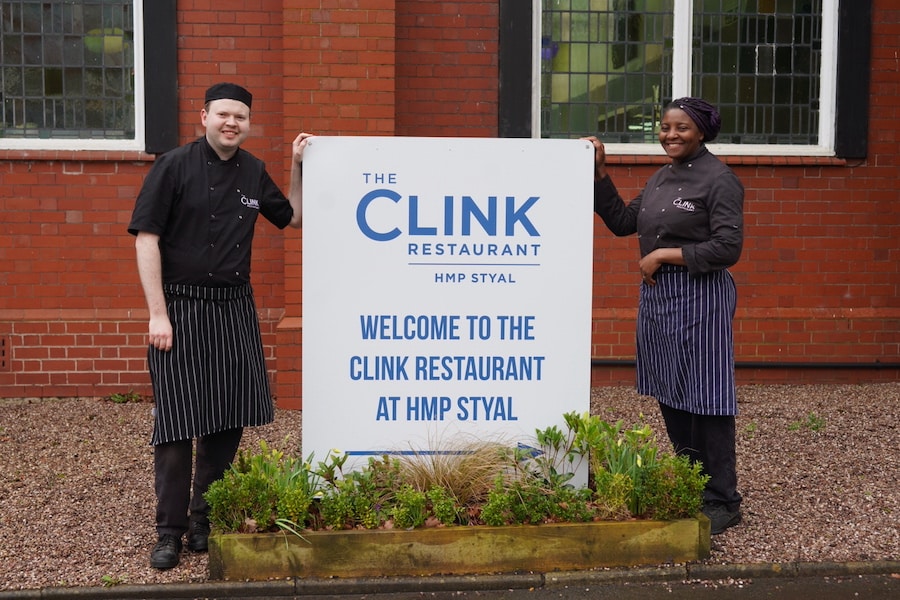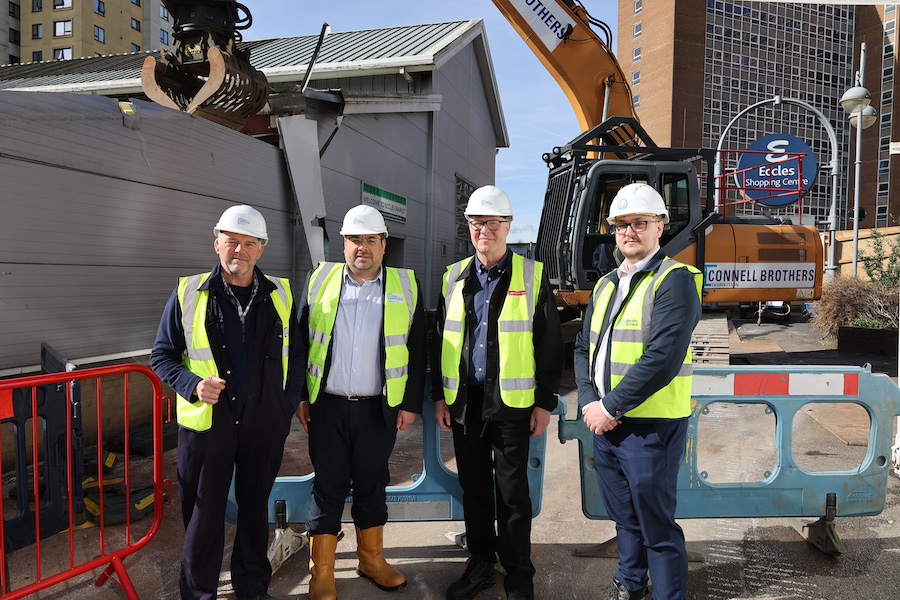Manchester population predicted to rise by 56,000 by 2034
- Written by Ray King
- Last updated 6 years ago
- City of Manchester, Community
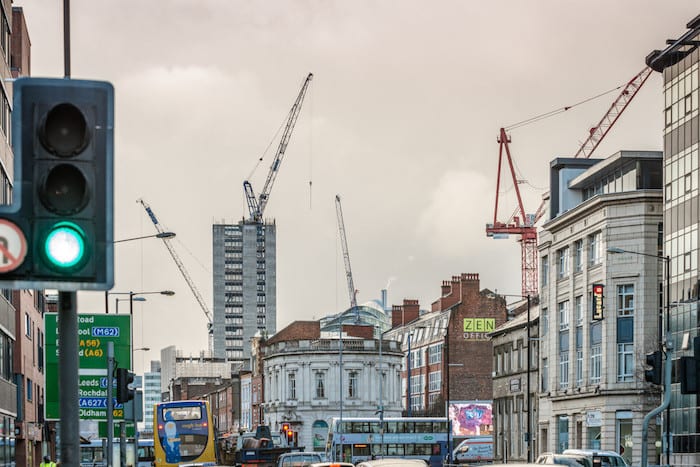
Manchester’s population is set to increase by 56,000 – more than ten per cent – by 2034, an international property services firm has predicted.
The population growth will be accompanied by the creation of tens of thousands of new jobs over the same period and one of the steepest house price increases in the country, the Sunday Times reported in its property supplement Home.
The jobs and population forecast was made by Julian Cotton, associated director of Cushman & Wakefield, the American commercial property and real estate consultants with offices in Marsden Street, Manchester.
He told the newspaper: “About 3,100 jobs a year should be created across Manchester until 2034 – and many of these will be high salaries based in the city centre.
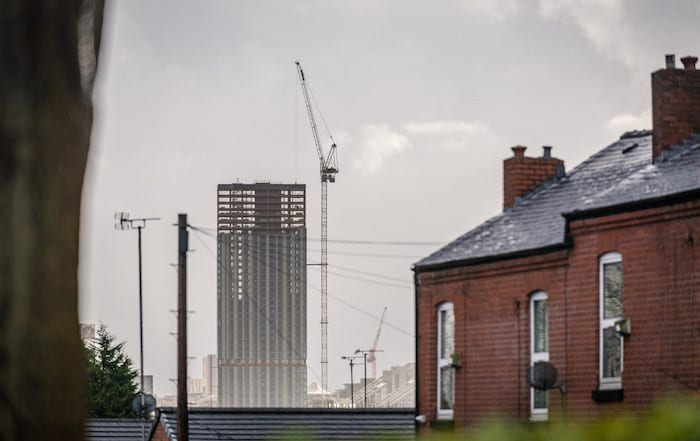
“As a result the city’s population is expected to grow by 3,500 a year over the same period, creating ever more demand for housing.”
Manchester’s population as of 2017 stood at 531,470, an increase of 23,400 since 2011. More than 2.5 million people live across the 10 boroughs of Greater Manchester.
According to the Sunday Times, the north west of England, where house prices average £162,596 (compared with £468,544 in London) has had a strong start to the housing race.
The economy in Manchester is “fast paced, with Amazon, the Co-operative Group, Royal Bank of Scotland, the BBC and ITV setting up offices there and Chinese buyers jostling with local purchasers and investors.”
Average house prices in the region are forecast to rise by £35,121 in the next five years, compared with the increase of £24,222 in the past five years.
Leading Manchester estate agency JLL saw its sales in the city centre rise by 200 per cent in the first half of 2018 compared with the same period a year earlier.
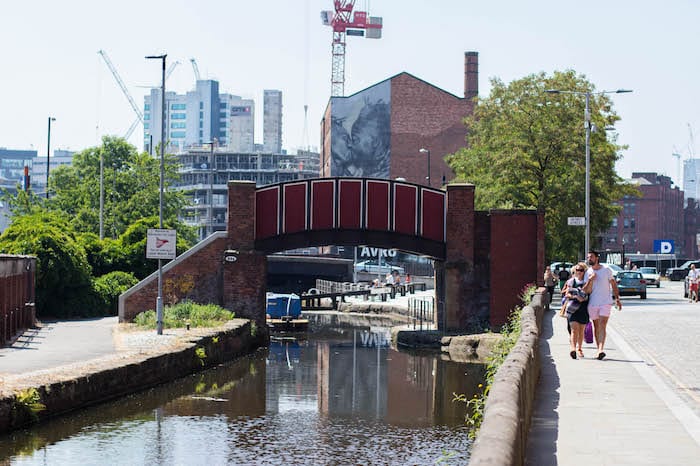
Stephen Hogg, lead director for regional residential at JLL said: “Ancoats is one of the best performing areas, helped by the new free school. Now, if you go for coffee at 8.30am, you see kids going to school and yummy mummies – 20 years ago all you’d see at that time was people emerging from nightclubs.”
New Islington Free School, supported by the Manchester Grammar School, was established in 2015 to cater for primary school age boys and girls in the regenerated area.
Affordability of homes is the key reason why prices in the north are rising and those in London and the south are falling – a complete reversal of the north-south divide of as little as two years ago.
Though prices are rising faster in Liverpool than any other UK city with a growth of 6.9 per cent in the year to September, Manchester is close behind in joint fifth place with Glasgow with prices rising at 6.2 per cent.
- This article was last updated 6 years ago.
- It was first published on 12 November 2018 and is subject to be updated from time to time. Please refresh or return to see the latest version.
Did we miss something? Let us know: press@ilovemanchester.com
Want to be the first to receive all the latest news stories, what’s on and events from the heart of Manchester? Sign up here.
Manchester is a successful city, but many people suffer. I Love Manchester helps raise awareness and funds to help improve the lives and prospects of people across Greater Manchester – and we can’t do it without your help. So please support us with what you can so we can continue to spread the love. Thank you in advance!
An email you’ll love. Subscribe to our newsletter to get the latest news stories delivered direct to your inbox.
Got a story worth sharing?
What’s the story? We are all ears when it comes to positive news and inspiring stories. You can send story ideas to press@ilovemanchester.com
While we can’t guarantee to publish everything, we will always consider any enquiry or idea that promotes:
- Independent new openings
- Human interest
- Not-for-profit organisations
- Community Interest Companies (CiCs) and projects
- Charities and charitable initiatives
- Affordability and offers saving people over 20%
For anything else, don’t hesitate to get in touch with us about advertorials (from £350+VAT) and advertising opportunities: advertise@ilovemanchester.com
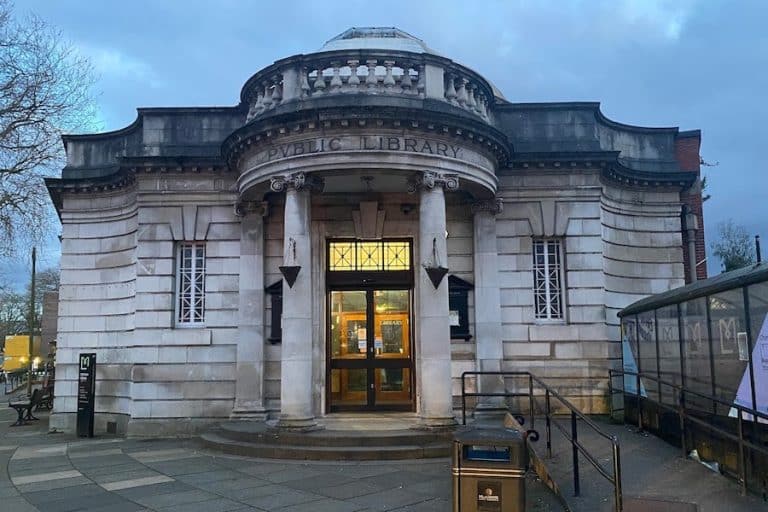
Chorlton Library gets a stunning renovation unveiling hidden treasures

How one selfless act sparked a career dedicated to saving lives
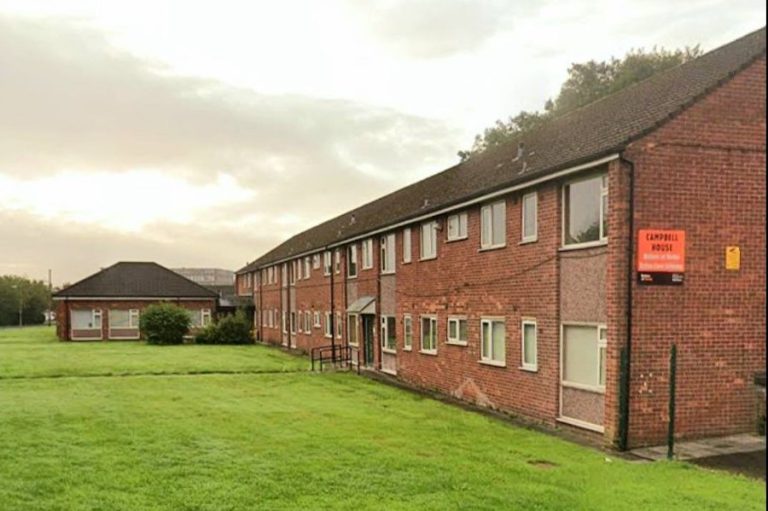
Former sheltered housing transformed into safe haven for vulnerable youth


Manchester and Los Angeles prove that opposites really do attract







